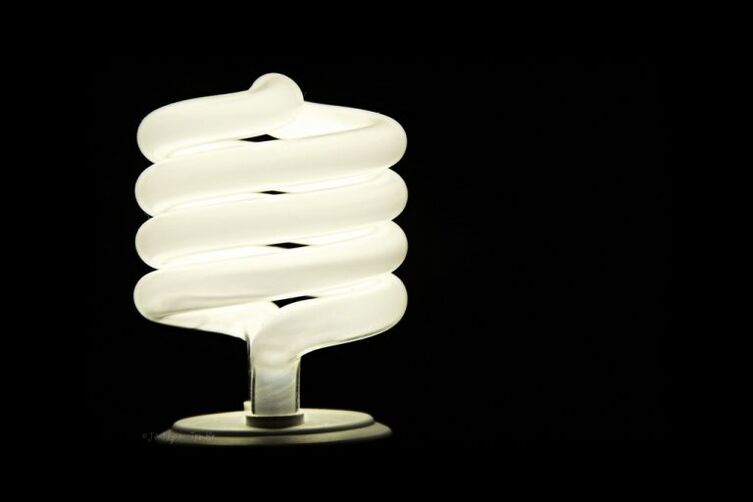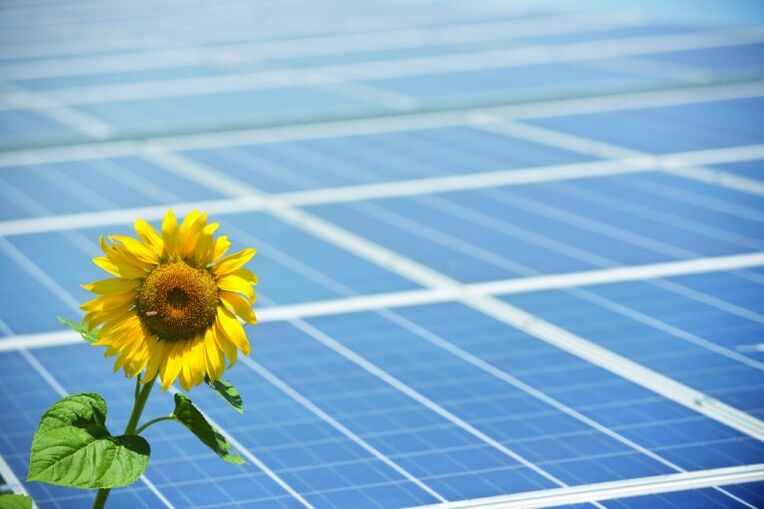
The 21st century has provided man with many inventions and possibilities, innovative devices and devices that work mainly on the electrical grid. The home of any inhabitant of planet Earth today is literally stuffed with a wide variety of appliances that give light and warmth, help cook, wash clothes, keep perishable food longer and even learn something new and have fun. However, many have realized that paying for electricity can make a big "hole" in the family budget. It makes sense to figure out how to save electricity in an apartment or private home to significantly reduce your monthly expenses, freeing up funds that can be spent on other purposes.
The main ways to save energy
The question of how to save electricity, especially in homes where electric stoves and electric water heaters are installed, constantly arises in front of consumers, especially in the current situation of crisis in the country and world economies. The payment for the energy supply of a private house or even a common apartment occupies one of the first places in the family budget spending on utility bills. Regardless of stability or the actual financial situation, savings are always relevant, as no one wants to throw money down the drain and this is an absolutely correct decision. Let's see how experts and experts in their fields deliver energy savings.
Interesting
Properly saving electricity in the home will significantly reduce, almost triple, the cost of paying for utilities, so it is worth taking this matter seriously. If you think that turning off the room lights at the right time doesn't affect the overall score much, it makes sense to just run an experiment and find out how much money you've lost each month, before you start paying attention to it.
There are three main methods of saving electricity, around which all the others revolve, which are its derivatives.
- The use of new technologies (purchase of household appliances, gadgets and other household appliances with a higher level of economy), which may require significant financial investments.
- Competent use of mains-powered equipment.
- Theft of state electricity.
We'll discuss the first two ways to save in our article in more detail, but it's best to drop the third right away as jokes with the state can go bad and instead of saving you'll incur additional costs for fines, sometimes litigation.
Simple Ways to Save Energy at Home

Most people don't even know how much electricity this or that device, used regularly, "consumes" in a month, hence the lack of understanding of how you can save. First of all, when purchasing new appliances and equipment, you should always know what energy consumption it has, it is this indicator that will indicate what type of electricity consumption it assumes.
Approximate data for comparison
According to statistics, the main expense items are formed using a few basic electrical appliances, which are available in almost every household.
- Electric stoves can absorb 20% to 30% of monthly consumption.
- The refrigerator is considered the most serious appliance, as it never turns off, consuming around 30% of the electricity.
- Lamps and other lighting fixtures "shake" about 16-19% of the total.
- A modern washing machine amounts to around 15%.
- The rest of home appliances and office equipment, including vacuum cleaners, dishwashers, computers, chargers, etc. , absorb about 20% of the total electricity bill.
Thus, it is due to the competent and deliberate use of these devices that you can significantly reduce the expenses of your family budget with this item. Let's take a closer look at how you can honestly and legally save electricity and save your hard-earned money.
Let there be light!
Interestingly, many consumers don't think that a colossal amount of budget resources can be spent on lighting an apartment. The ideal is to buy household lamps, which only lazy people have not heard about. The government even banned the production of conventional incandescent light bulbs for sale to the common citizen, with a capacity of 100 watts or more. There is talk of the fact that fifty-watt light bulbs will also soon be outlawed, giving way to "housewives. "But not only LEDs and energy saving lamps will help to save electricity. There are some tips you should always follow.
- Turn off lights when moving from room to room. If this is difficult for you or if there are a lot of young children in the house who find it difficult to explain the essence, you can install special heat sensors. They won't cost much, but they will turn off the light themselves as soon as the person leaves the room.
- Take care to have multiple light sources in the room, depending on your needs, so you don't constantly turn on the ceiling light, which consumes more.
- Hear in your nose that cleanliness guarantees not only health, but also energy savings. Wash the chandelier's windows and blinds more often so that light can enter your apartment freely and unhindered. According to research by scientists, the lighting level with dirty windows is reduced to 28-36%, which is a lot.
- When planning repairs, make sure furniture and walls reflect the light stream more. Light tones help to reflect up to 85% and dark tones only 10-13%.
Those who have only taken advantage of these tips say that this way you can save at least 10-15% of the bill without overcharging, and this is already a pretty serious achievement.
Energy saving technology and its correct application
Another very effective method of saving electricity in a private home or apartment is to buy a new one, equipped with energy-saving systems, appliances, and other regular-use appliances. Modern energy-saving devices are even specially labeled, with letters from G to A +++. The first will consume a lot of energy, but for the second the savings will be the most significant.
It is worth choosing for you the most economical devices that will save you money. Also, don't be afraid to buy the very latest in science and technology, such as induction hobs, super economical washing machines or micathermic heaters. But that's not all, all these devices still need to be used correctly to minimize costs.
- Always unplug all electrical appliances when you don't need them. It doesn't seem to work, but the small light on the dashboard is still on, which means the kilowatts are spinning slowly. If in a month this waste is negligible, in a year it will become more impressive, and when calculated in ten years, you will want to grab your head.
- If you purchased a refrigerator that does not have a No Frost system, you should defrost it regularly. A good housewife knows that the more ice there is in the freezer, the more the appliance "pulls".
- Purchase special kitchen utensils for electric stoves and also select them so that the bottom size matches the burner as closely as possible. When cooking, always cover pans with a lid and use low to medium heat. This prevents heat loss and saves more than 10%.
- Do not overload the washing machine with too many things, it is better to divide the wash in half, this will be more economical and the appliance will be in better condition.
- Do not install the refrigerator near a stove or heating appliances, otherwise its energy consumption will increase significantly.
- Do not forget to regularly remove scale that has formed on the kettle walls, as this will significantly increase the water heating time, which will increase consumption and increase the cost of electricity.
More advanced users install in their homes or apartments not only infrared sensors, solar panels for heating, but even electrical outlets with a timer, where you can "stick" a TV or computer. Even if you fall asleep, this "smart" outlet will simply turn off the device and you'll have to pay less for the light.
Two-tariff meter and street heating

Experts recommend that those who can use energy-intensive appliances install dual-rate electricity meters in their homes. They allow you to pay the same rate during the day, and from 11: 00 pm to 7: 00 am in a completely different way, significantly reduced. It won't be difficult to wash or turn on the heater and dishwasher overnight, and the savings will be noticeable. The cost of this device is considerable and you will have to shell out yourself by placing an order with the utility department, but in just one year you will have a payback and you will save your money.
- You can't "heat the street", that is, taking care of the proper thermal insulation of a private house or apartment, changing windows, insulating the walls, all of this will bear fruit, and you will have to spend less money on heating.
- Infrared heaters that heat only the part of space where there is a living creature prove to be excellent.
- The boiler must not always be kept on, although everything depends on the consumption of water per day, that is, on the number of people living in the house. Going out or going out for a long time, just like at night, you can turn it off and on again in the morning.
- Set the ideal water temperature in the heater, don't keep it at the maximum. Three or four times a year, the boiler needs to be cleaned of the scale accumulated in it, which also significantly increases electricity consumption.
- Wash batteries and other heating devices regularly if they are powered from the mains, as dirt, dust and debris will significantly increase consumption and reduce efficiency.
smart home system
The West has long promoted an innovative invention - the "Smart Home" system, which significantly moves humanity into the future. An amazing system will help you easily save energy in a private home as well as in an apartment, as you can install it anywhere and anytime. This invention involves installing a variety of modern remote sensors and systems that will regulate the level of lighting or heating, the temperature of the water supply, turn the stove, computer, TV, dishwasher or air conditioning on and off.
It's true that you'll have to fork out, but it's definitely worth it. A year later, you will fully recoup the funds spent and begin to notice how confidence can become significant in the benefits of using new technologies and scientific advances in everyday life.
























